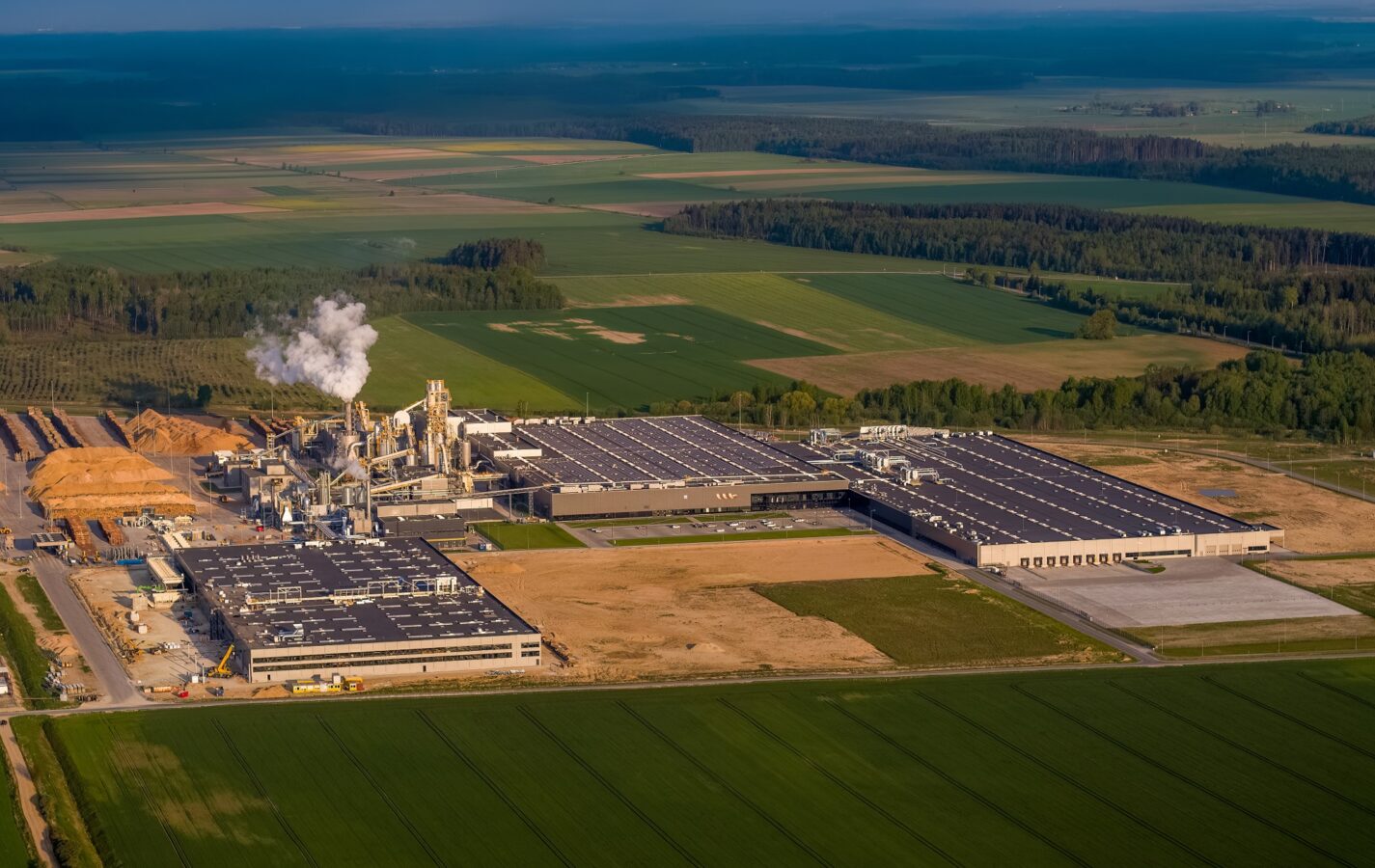Type in a search word
What are you looking for
The paradox of the regional labour market: jobseekers complain, but vacancies are at a record high
In recent years, the labour market in Lithuania’s regions, especially in the manufacturing sector, has been undergoing significant changes. According to the Employment Service, one in five job vacancies this year is in the manufacturing sector, with 7.7% more vacancies than last year. The growing demand for workers paints a different picture of regional employment – is there really still no work to be done?
Regional employment: are there more opportunities for people?
According to statistics from the Employment Service, in some regions of Lithuania there are more jobs than people available to fill them.
“This is particularly true for the manufacturing, processing and service sectors. For example, in 2024, eight municipalities in Lithuania will have more job vacancies than the number of job seekers registered for the year. This is the case in Vilnius, Šiauliai, Palanga, Birštonas, Neringa, Trakai, Širvintai and Marijampolė municipalities”, says Milda Jankauskienė, representative of the Employment Service.
According to her, this situation increases competition among employers. They are forced to take active steps to attract and retain loyal employees.
High salaries are not enough for employees
Attracting, developing and retaining employees are becoming strategic areas that require active and timely efforts for sustainable development of the company.
“Offering a competitive salary is not enough to ensure long-term cooperation. We focus on internal processes and career opportunities within the company. We also strengthen the culture of development, organise employee training – this is aimed at gaining more flexibility in attracting not necessarily technically prepared, but motivated employees”, – Ramūnas Miliauskas, Head of VMG Wood Solutions, shares his experience.
The company’s representative says that even though companies are willing to meet the diverse needs of workers in the regions, there is still a shortage of workers. For example, VMG Akmenės Baldai, a VMG Group company, is currently looking for as many as 25 operators to join its team.
Vocational training centres are becoming increasingly popular
Vocational training centres also play a key role in bridging the skills gap and adapting training programmes to regional labour market needs.
“Business demand is growing every year. New companies are setting up and existing organisations are expanding and looking for the workers they need. Close cooperation with local businesses ensures that training programmes reflect the real needs of employers and that students acquire not only theoretical knowledge but also practical skills that are essential in today’s manufacturing industry,” says I. Gailienė.
The Ministry of Education, Science and Sport’s statistics for 2024 confirm that more and more young people are interested in vocational training. Last year, vocational schools enrolled 3% more students than in 2023.
